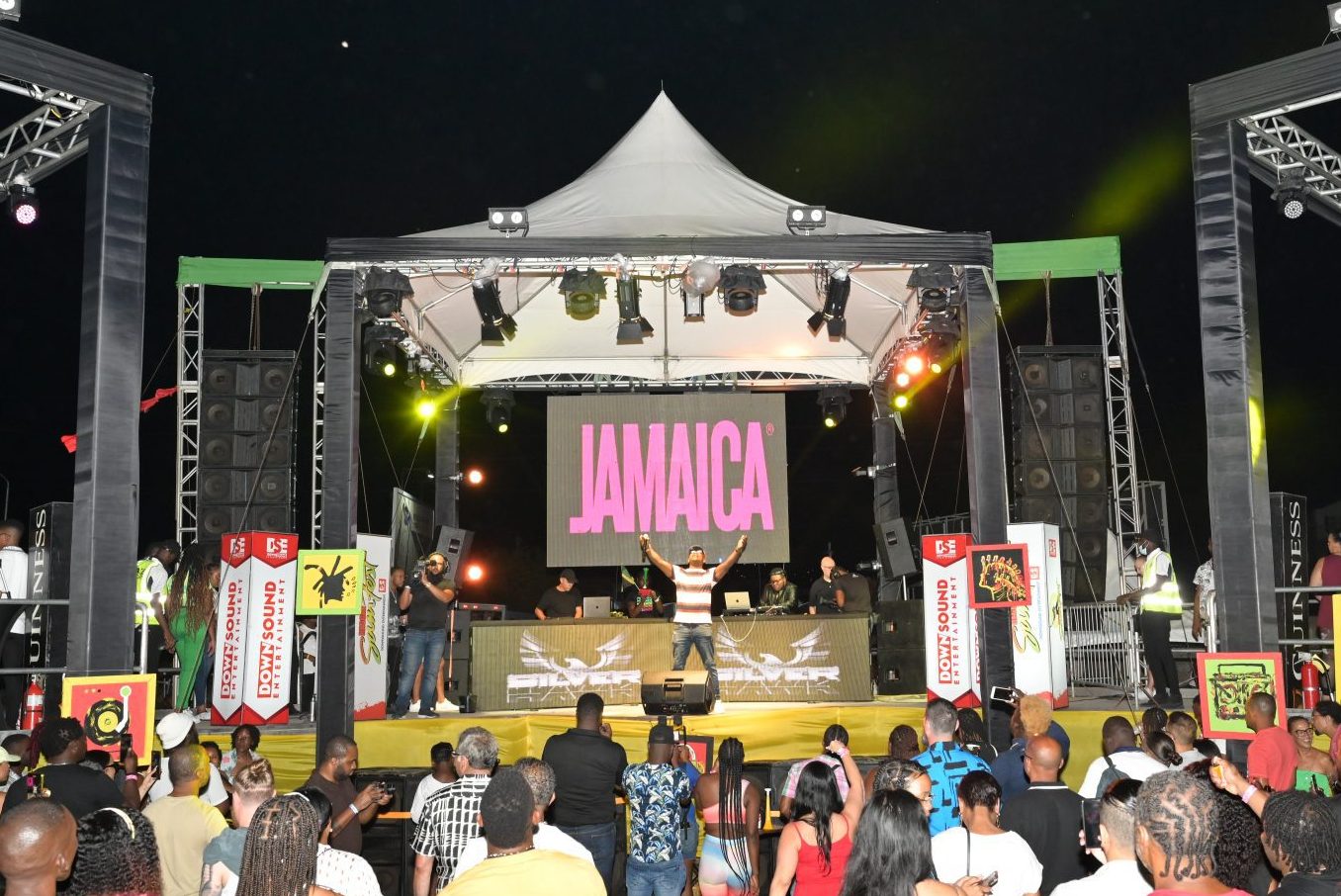Skift Take
Music lovers have returned to festivals with a vengeance, but they've also become pickier and more environmentally conscious. So tourism authorities have to adapt to their new priorities.
Music lovers have returned to festivals in large numbers this summer after their Covid-induced pause, an enormous boon for destinations relying on those events to attract visitors and accelerate their tourism recovery.
Jamaica is one of those destinations, with its popular and lucrative Reggae Sumfest helping boost visitor numbers to the country. Jamaican Tourism Minister Edmund Bartlett credited the July event for bolstering its tourism rebound, with the island setting a record for most tourist arrivals in a single summer.
“It was the first time the event was staged in person since the pandemic, and attracted numerous international visitors to the island during its busy summer travel season,” Bartlett said about the Caribbean’s largest music festival, which had attracted as many as 10,000 visitors to the country prior to the pandemic.
“The success of this Reggae Sumfest is a testament to the return of travel, especially for events.”
The return of Brazil’s Rock in Rio festival earlier this month also provided a much-needed boost to Rio de Janeiro’s tourism industry, attracting visitors from all of Brazil’s states and 31 countries. Roughly 60 percent of the 700,000 attendees for the sold out event, which injected $323 million (1.7 billion reais) into the local economy in 2019, came from outside of the city.
“During the summer of 2022, there was a massive demand for event travel,” said Joseph DeMarinis, CEO of BookSeats.com, a platform that enables eventgoers to book custom packages for tickets and accommodation. Music fans have spent almost three times more on trips for 2022 events than those that took place in 2019.
The return of huge crowds also presents significant challenges for music festivals that have long struggled to go green. But organizers are taking steps to be more sustainable though. Glastonbury asked the roughly 200,000 attendees at this year’s event to commit to a green pledge to combat littering. Meanwhile, Rock in Rio has set a goal of becoming a zero-waste event while limiting the use of plastic cups and straws.
“More and more people (are paying) attention to traveling in a sustainable way,” said Tomas Loeffen, managing partner at Festival Travel, an Amsterdam-based company arranges trips to events across Europe.
Loeffen also believes travelers are less interested in standard trip packages.
“Another trend we see is people having more specific needs than ever before, which makes standard packages — festival ticket, bus and camping — not enough for them anymore,” Loeffen said. “They would like to choose very specific things like one day of extra camping or a breakfast package in the festival train.”
Regarding the future, DeMarinis anticipates the summer 2023 season will be even larger, especially for travelers eager to attend music events worlwide. Loeffen believes that will be the case.
“In pre-Covid years, we saw an increase (in travelers) visiting festivals,” Loeffen said. “And for 2023, we expect this to continue. It will be the first normal year, with people having fewer commitments to catch up with and no ticket rollovers.”
The Daily Newsletter
Our daily coverage of the global travel industry. Written by editors and analysts from across Skift’s brands.
Have a confidential tip for Skift? Get in touch
Tags: brazil, entertainment, festivals, jamaica, music, music festivals, rio, Rio de Janeiro, sustainability, tourism recovery
Photo credit: The return of Reggae Sumfest has boosted tourism to Jamaica. Jamaica Tourist Board
